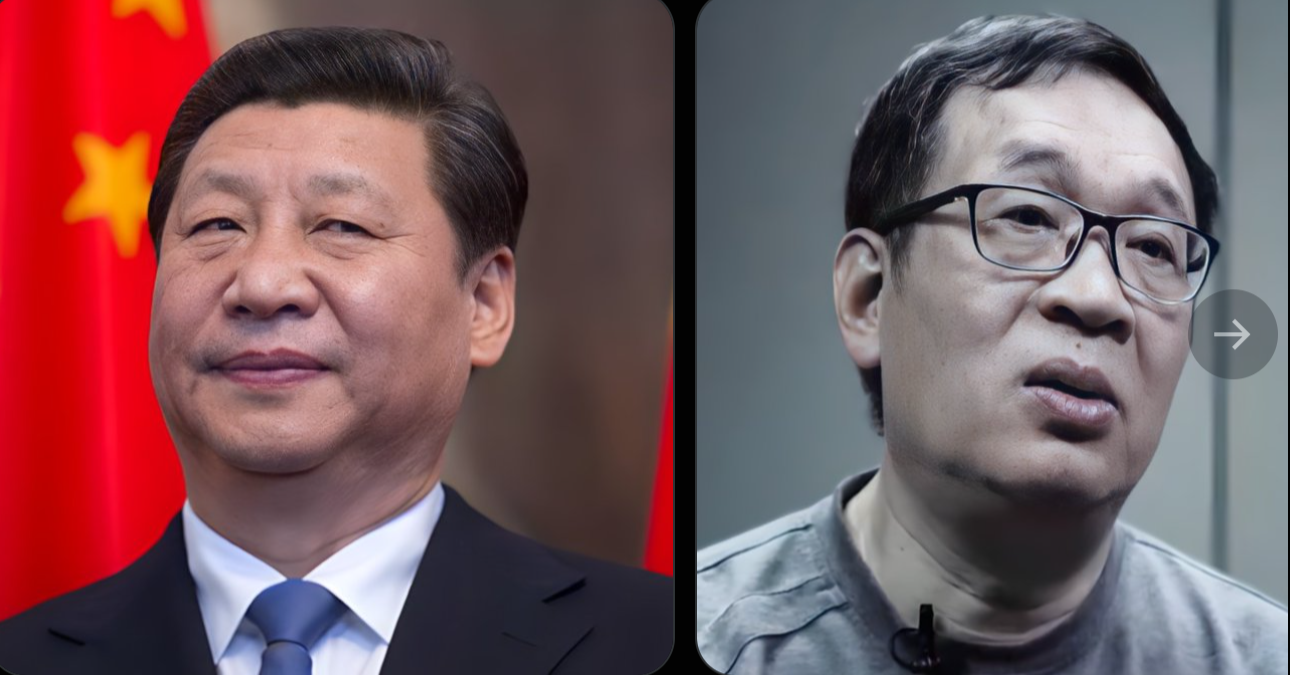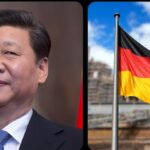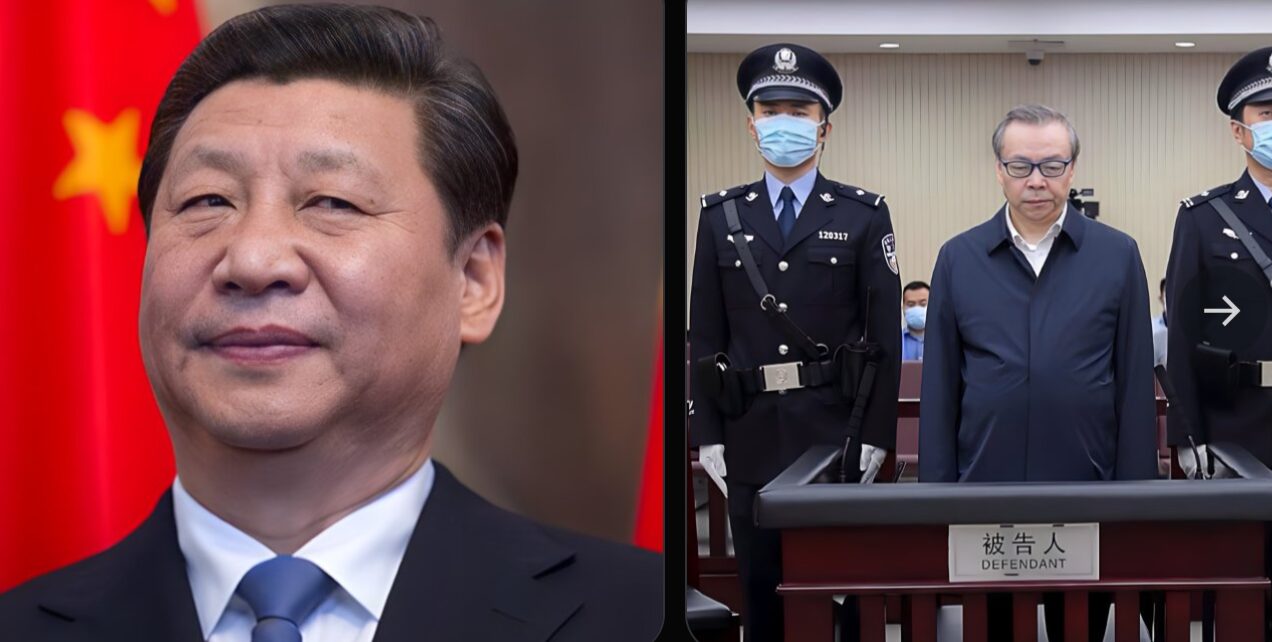Former Chinese central bank governor Fan Yifei has been SENTENCED TO DEATH with two year reprieve
In a shocking turn of events, Fan Yifei, the former governor of the People’s Bank of China (PBOC), has been sentenced to death with a two-year reprieve. This high-profile case has captured global attention, sparking discussions on corruption, the Chinese judicial system, and the broader economic landscape of China. In this post, we’ll dive into the details surrounding Fan Yifei’s sentencing, the reasons behind it, and its potential implications for the future of China’s financial sector.
The Background of Fan Yifei
Fan Yifei served as the Deputy Governor of the People’s Bank of China (PBOC), China’s central bank, from 2014 until his downfall. During his tenure, he was instrumental in shaping China’s monetary policies and overseeing the country’s financial regulatory framework. His leadership during a period of economic transformation, including efforts to modernize China’s financial systems and implement stricter financial regulations, earned him both praise and criticism.
However, his career came to a dramatic end in 2024 when he was detained by Chinese authorities under charges of corruption and abuse of power. Allegations surfaced regarding his involvement in illegal financial activities, including accepting bribes and using his position to further his personal interests.
What Led to His Sentencing?
Fan Yifei’s sentencing follows an extensive investigation by the Central Commission for Discipline Inspection (CCDI), China’s top anti-corruption body. The investigation revealed evidence of Fan’s corrupt dealings during his time at the PBOC, involving millions of yuan in bribes and illegal transactions with private financial entities. Chinese authorities claimed that Fan’s actions severely damaged the country’s financial integrity and undermined the public’s trust in the banking system.
Reports indicate that Fan’s illicit activities were not isolated but part of a broader network of corruption involving other high-ranking officials in China’s financial sector. His actions allegedly facilitated the illegal flow of funds through state-owned banks, contributing to the destabilization of certain economic policies and financial markets.
Despite the severity of the charges, the Chinese legal system opted to issue a “death sentence with a two-year reprieve.” In China, a death sentence with reprieve often means that the sentence is commuted to a life sentence after the reprieve period, though the final decision remains in the hands of the court.
What Does This Sentence Mean?
The sentence of “death with a two-year reprieve” is a notable feature of the Chinese judicial system, especially for cases involving high-ranking officials or individuals in positions of power. In many instances, individuals sentenced to death with a reprieve have had their sentences reduced to life imprisonment after the two-year period. However, this decision is not automatic, and the final ruling can be influenced by factors such as public opinion, the individual’s cooperation with authorities, and their perceived remorse.
For Fan Yifei, this sentence serves as a stark reminder of the Chinese government’s ongoing campaign to tackle corruption, which has been a central focus of President Xi Jinping’s administration. The high-profile nature of this case, involving one of China’s top financial regulators, sends a clear message about the government’s intolerance for corruption within its ranks.
Implications for China’s Financial Sector
Fan Yifei’s sentencing is expected to have significant repercussions for China’s financial sector. The PBOC, as the central authority responsible for monetary policy and financial regulation, plays a crucial role in ensuring the stability and integrity of China’s economy. With this corruption scandal involving a former central bank official, the public’s trust in the country’s financial systems may take a hit.
The Chinese government has already taken steps to reinforce its anti-corruption measures, and Fan Yifei’s case is likely to be used as a catalyst for further reform. Analysts expect the government to introduce stricter oversight measures in the banking and financial sectors, focusing on transparency, accountability, and reducing the risk of corruption within high-level institutions.
Additionally, the case may prompt greater scrutiny of other high-ranking financial officials. It is likely that the Chinese government will continue its crackdown on corruption to ensure the stability and growth of its economy.
The Broader Impact on Global Perception of China
While this case is primarily a national matter, it will inevitably have international ramifications. China’s financial system plays an essential role in the global economy, and any instability or corruption within its central bank or financial institutions can have a ripple effect on global markets. The sentencing of such a high-ranking official sends a message about the Chinese government’s stance on corruption, but it also raises questions about the extent of corruption within the system.
For foreign investors and international financial institutions, the case could lead to concerns about the transparency and integrity of China’s financial system. While the Chinese government’s anti-corruption campaign has been well-received by many, some may view this as a sign of underlying issues within the financial structure, which could impact future investments and international relations.
Conclusion
The sentencing of Fan Yifei, former governor of the People’s Bank of China, has sent shockwaves through both the Chinese financial system and the international community. With corruption allegations staining his legacy, Fan’s case highlights the growing efforts by the Chinese government to combat financial misconduct and corruption at the highest levels.
This case will not only influence China’s financial landscape but could also serve as a reminder to other nations about the importance of transparency and accountability within their financial systems. As the situation develops, all eyes will remain on China to see how the government handles this significant corruption case and what steps it will take to restore confidence in its financial institutions.

















Post Comment